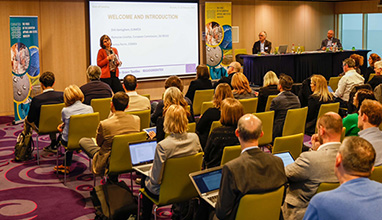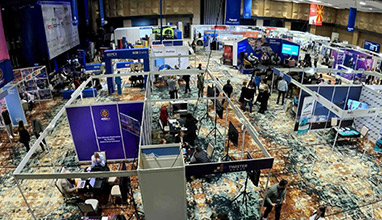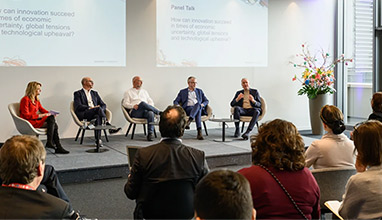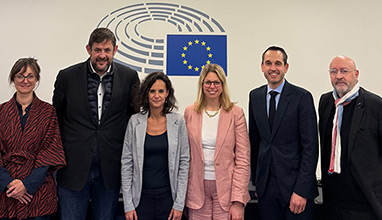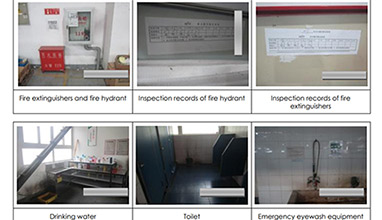EURATEX and partners launched the new Horizon Europe innovation project CISUTAC on circular and sustainable textiles
The new Horizon Europe project CISUTAC was launched this week. It will support the transition to a circular and sustainable textile sector. As part of a consortium of 27 partners working on the project, EURATEX will work towards facilitating the Circular Economy transition. While the production and consumption of textile products continue to grow, so does the impact on the environment caused by a lack of reused, repaired and recycled materials. Quality, durability, and recyclability are often not being set as priorities in the design and manufacturing of garments (EU Strategy for Sustainable and Circular Textiles, March 2022).
CISUTAC aims to remove current bottlenecks in order to increase textile circularity in Europe. The objective is to minimise the sector’s total environmental impact by developing new, sustainable and integrated large-scale European value chains. The project will include most parts of the textile sector: comprising the 2 groups of fibres that represent almost 90% of all textile fibres (polyester and cotton/cellulose) and focusing on products from 3 sub-sectors experiencing most circularity bottlenecks (fashion garments, sports and outdoor goods, and workwear).

CISUTAC will follow a holistic approach covering the technical, sectoral and socio-economic aspects of textile value chain, and will perform 3 pilot phases to demonstrate the feasibility and value of:
- Repair and disassembling
- Sorting (for reuse and recycling)
- Circular garments through fibre-to-fibre recycling and design for circularity
To realise these pilots, the consortium partners will:
- Develop semi-automated workstations
- Analyse infrastructure and material flows
- Digitally enhance sorting operations (for reuse and recycling)
- Raise awareness among consumers and the textile industry
As part of the CISUTAC consortium, EURATEX will facilitate the Circular Economy transition, liaise with other projects & initiatives, support the development of training and education material, including masterclasses and MOOC, raise awareness in Europe of the environmental impact of textile and provide input for policy, standardisation and certification to facilitate the transition to the Circular Economy.
Hits: 10951 | Leave a comment




